Black Mirror: We Ranked Every Episode, From Worst to Best
We've ranked every episode of Black Mirror, so you know what to watch and what to skip.
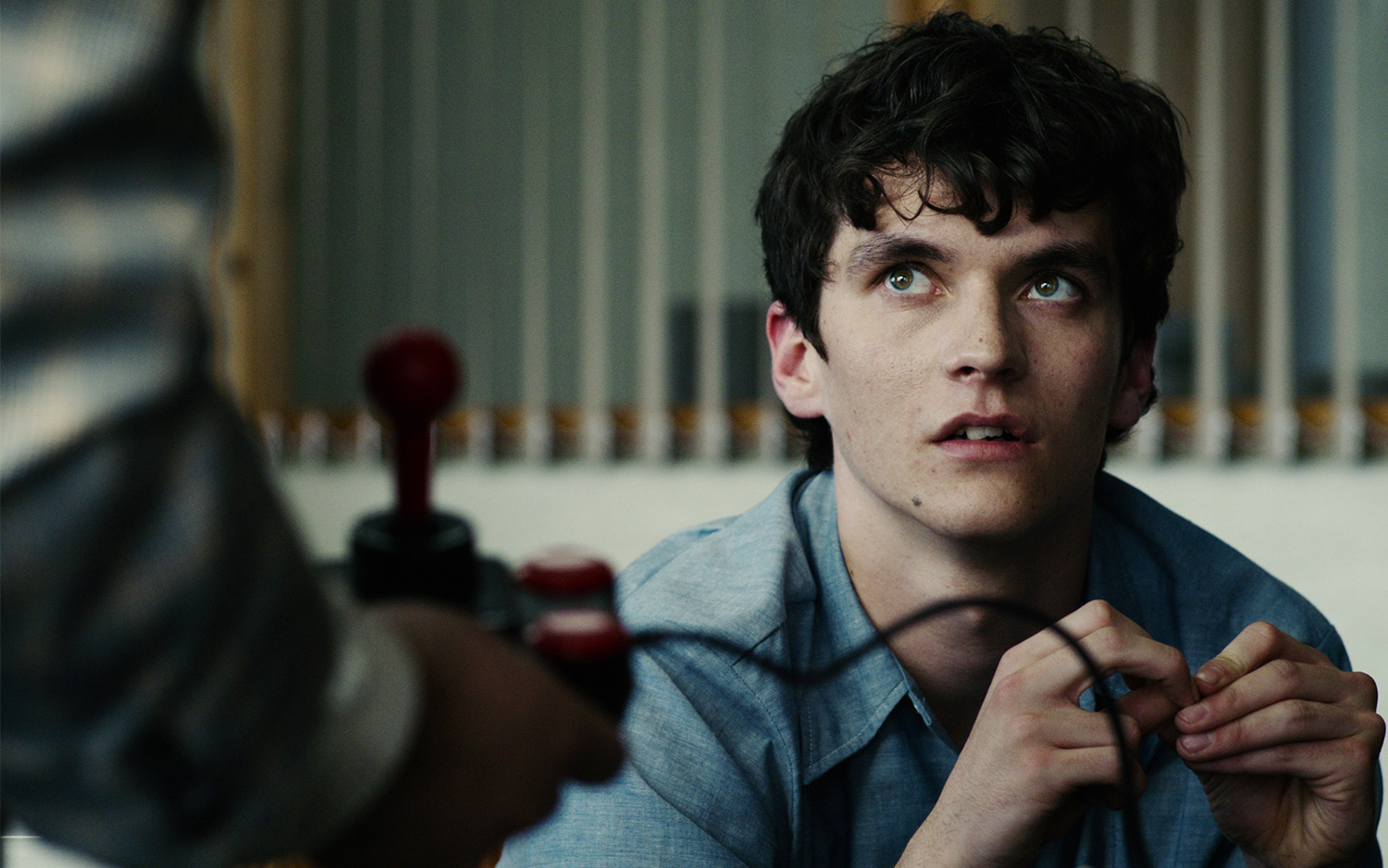
The Darkest Reflections
Charlie Brooker's Black Mirror grabbed audiences, who love its dystopian technology stories, as well as critics, who compare it to The Twilight Zone. The show's first two seasons on Channel 4 in the United Kingdom were so good that Netflix bought the rights for future seasons. In anticipation of the fourth season (premiering Dec. 29), we at Tom's Guide voted on all 13 episodes (including the holiday special) to see which entries you need to watch right away and which can wait. Also, don't worry about watching them in any particular order, as there's no overarching storyline to worry about.
We've updated our rankings per fourth season of Black Mirror, as well as Bandersnatch, an interactive feature length edition that's good enough to make sure Black Mirror stays in our best Netflix TV Shows rankings. Also, expect us to update this list in the summer, as Netflix just announced that Black Mirror's fifth season, which will feature episodes starring the likes of Anthony Mackie, Topher Grace and Miley Cyrus, will debut on June 5. Unfortunately as its trailer reveals, this season is only 3 episodes long.
Credit: Netflix
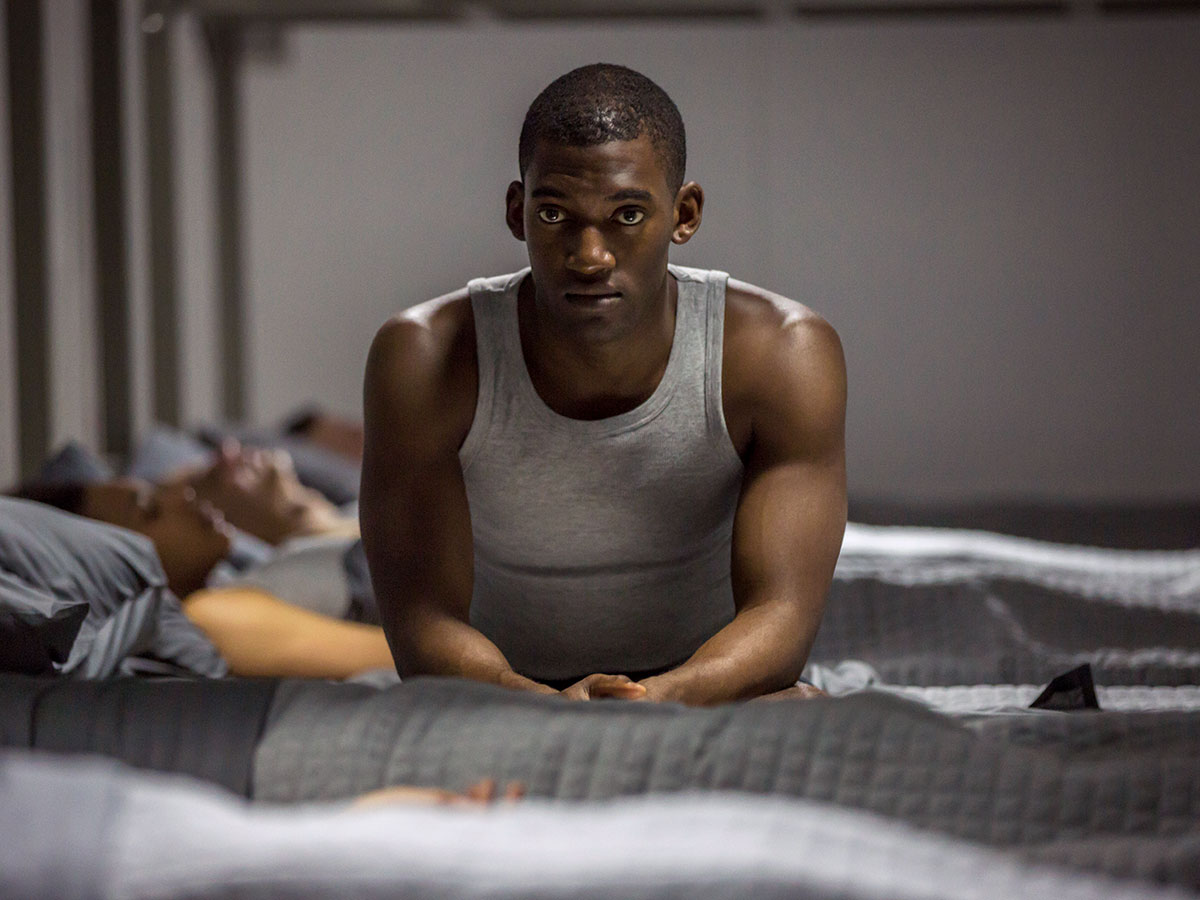
20: Men Against Fire (Season 3, Episode 5)
Our least favorite episode centers on Stripe, a soldier fighting in a war while reality becomes a bit unglued around him. Though this episode is not particularly bad, with solid acting and great visuals, the big twist at the end doesn't quite stick the landing, and the technology at the episode's core feels uninspired. — Henry T. Casey
Credit: Laurie Sparham/Netflix
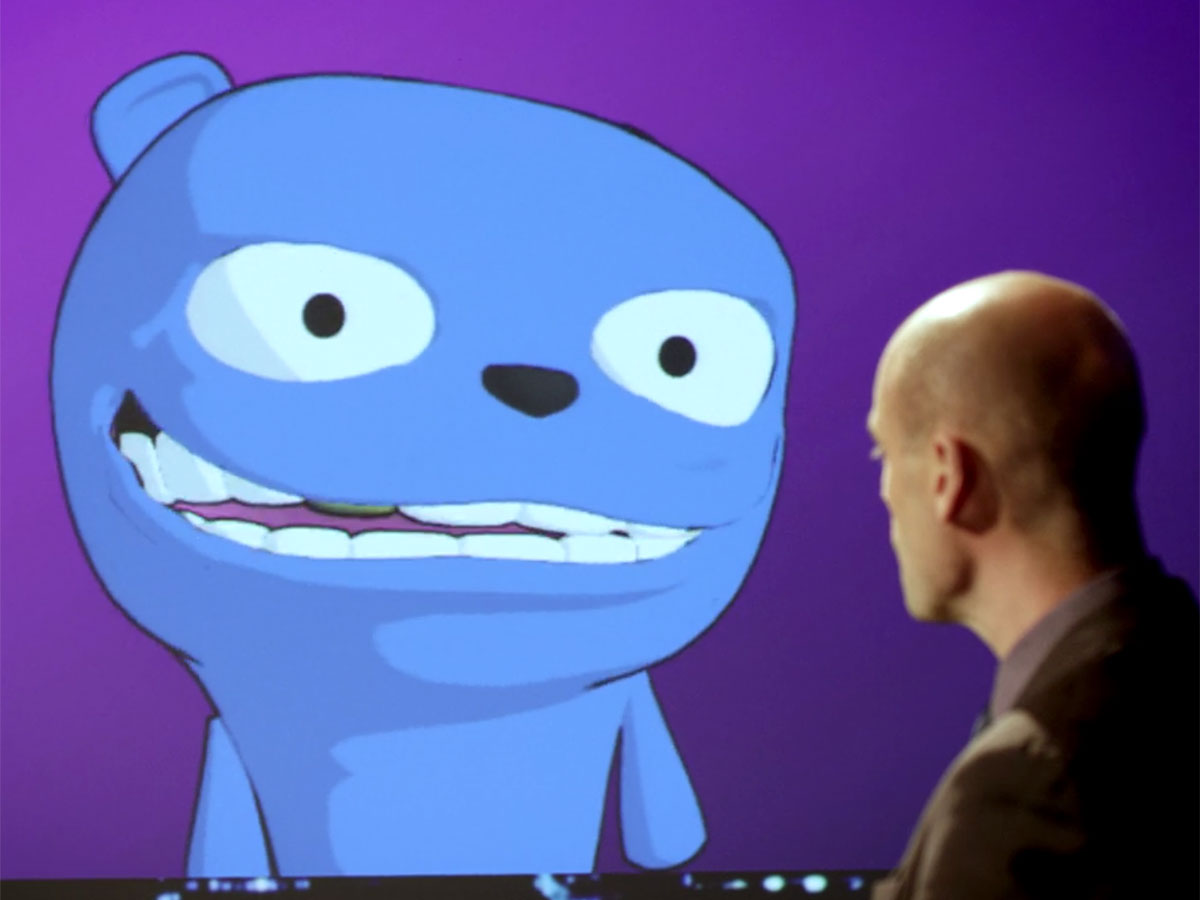
19: The Waldo Moment (Season 3, Episode 3)
What happens when a farcical character moves from lambasting politicians to running for office? No, this isn't a documentary about the 2016 U.S. presidential election; this episode is about a blue cartoon bear named Waldo. The story is as much about the human behind Waldo, though: Jamie Salter, a failed comedian who gets too emotionally attached to one of the candidates in a parliamentary election. This episode failed to rank higher because its animated bear — which now feels similar to the Animoji in iOS — isn't provocative enough in exploring the dark side of technology, which is why people watch Black Mirror in the first place. — Henry T. Casey
Credit: Channel 4
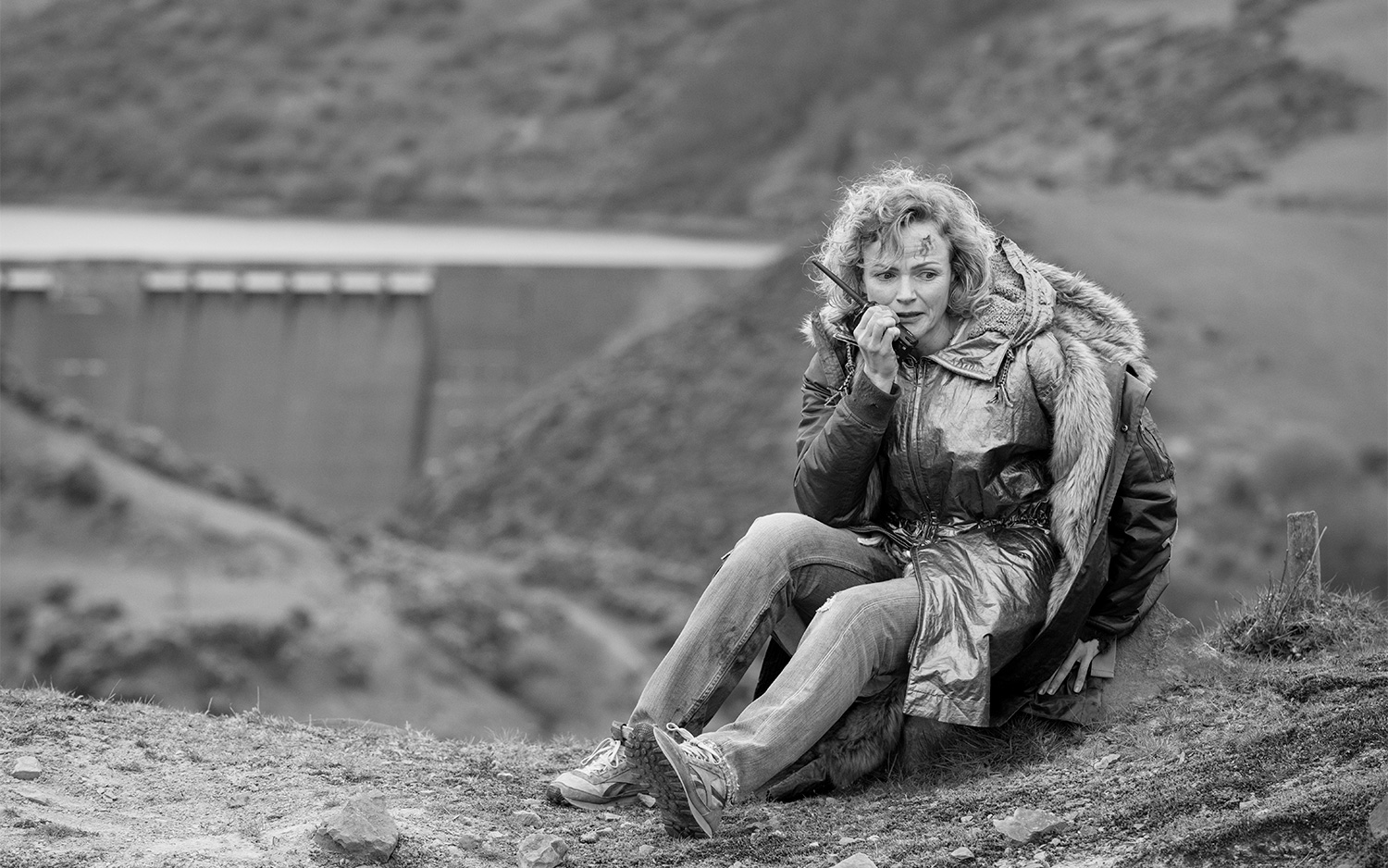
18: Metalhead (Series 4, Episode 5)
Metalhead thrusts you into a familiar post-apocalyptic world but instead of zombies, there's a pack of killer robodogs bringing humans to extinction. The first few minutes of this episode stands as a demonstration of what could happen if we mounted shotguns to Boston Dynamics' SpotMini. Unfortunately, the latter half of this David Slade-directed thriller loses steam as the tale delves into a linear survival story lacking the depth we've come to expect from Black Mirror. There is still a lot to love about the episode. The limited dialogue adds to the nightmarish atmosphere while the gorgeous black-and-white cinematography exudes the same hopelessness I felt watching The Road. While it's missing the satisfying twist Black Mirror is known for, Metalhead is still worth a visit, if only as a brief, brutal horror story. — Phillip Tracy
Credit: Jonathan Prime/Netflix
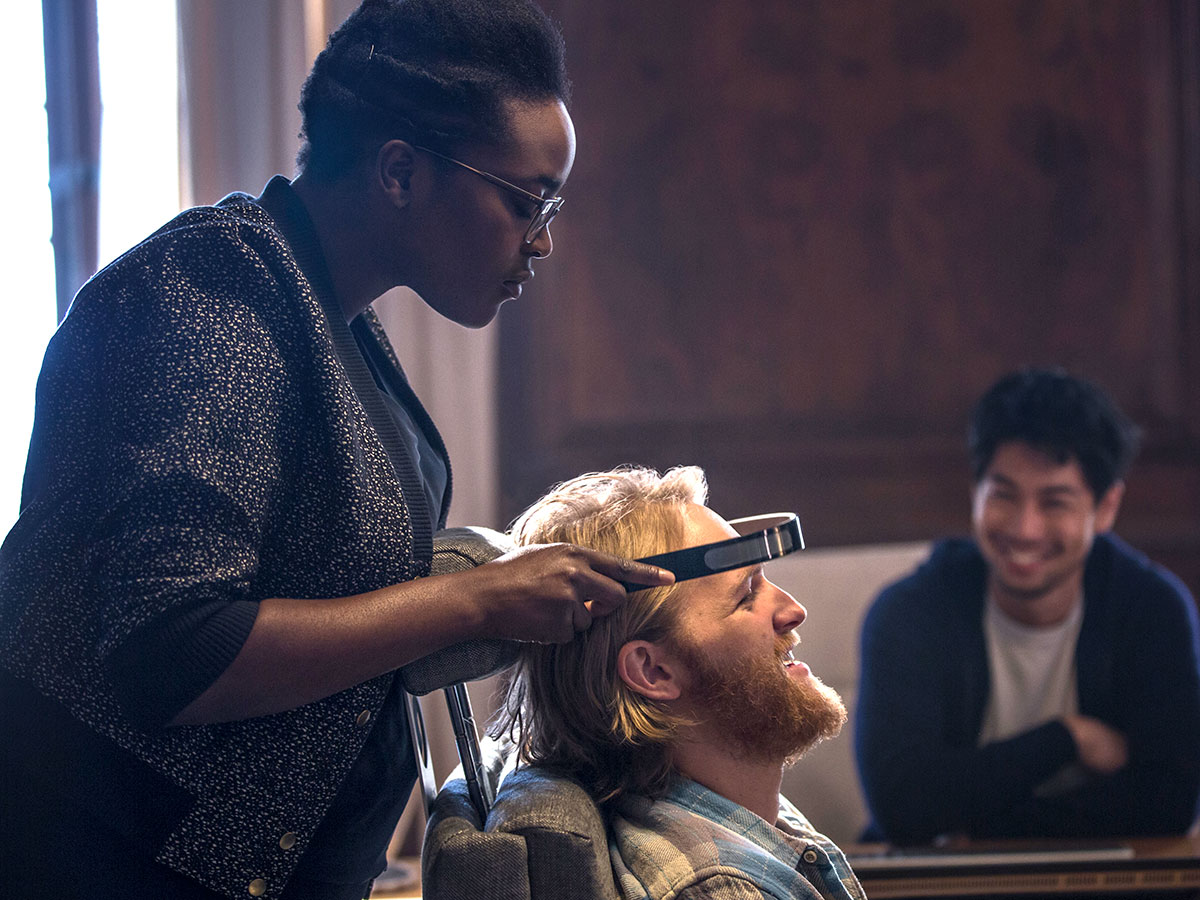
17: Playtest (Season 3, Episode 2)
The first Black Mirror episode that felt like a true horror story, Playtest is a dramatization of what happens when virtual reality goes wrong. Our protagonist, Cooper, signs up to test a new video game experience in order to earn an extra buck. It's not long before a computer capable of simulating his biggest insecurities and fears is implanted into the back of his neck. The rest of the episode is a full-on haunted house horror movie filled with jump scares and multiple dimensions. The nightmare even concludes with a rather satisfying, if someone generic plot twist. Still, while Playtest will satisfy horror junkies, its undeveloped characters and failure to take on any real-world issues keep it from climbing higher in the ranks. — Phillip Tracy
Credit: Laurie Sparham/Netflix
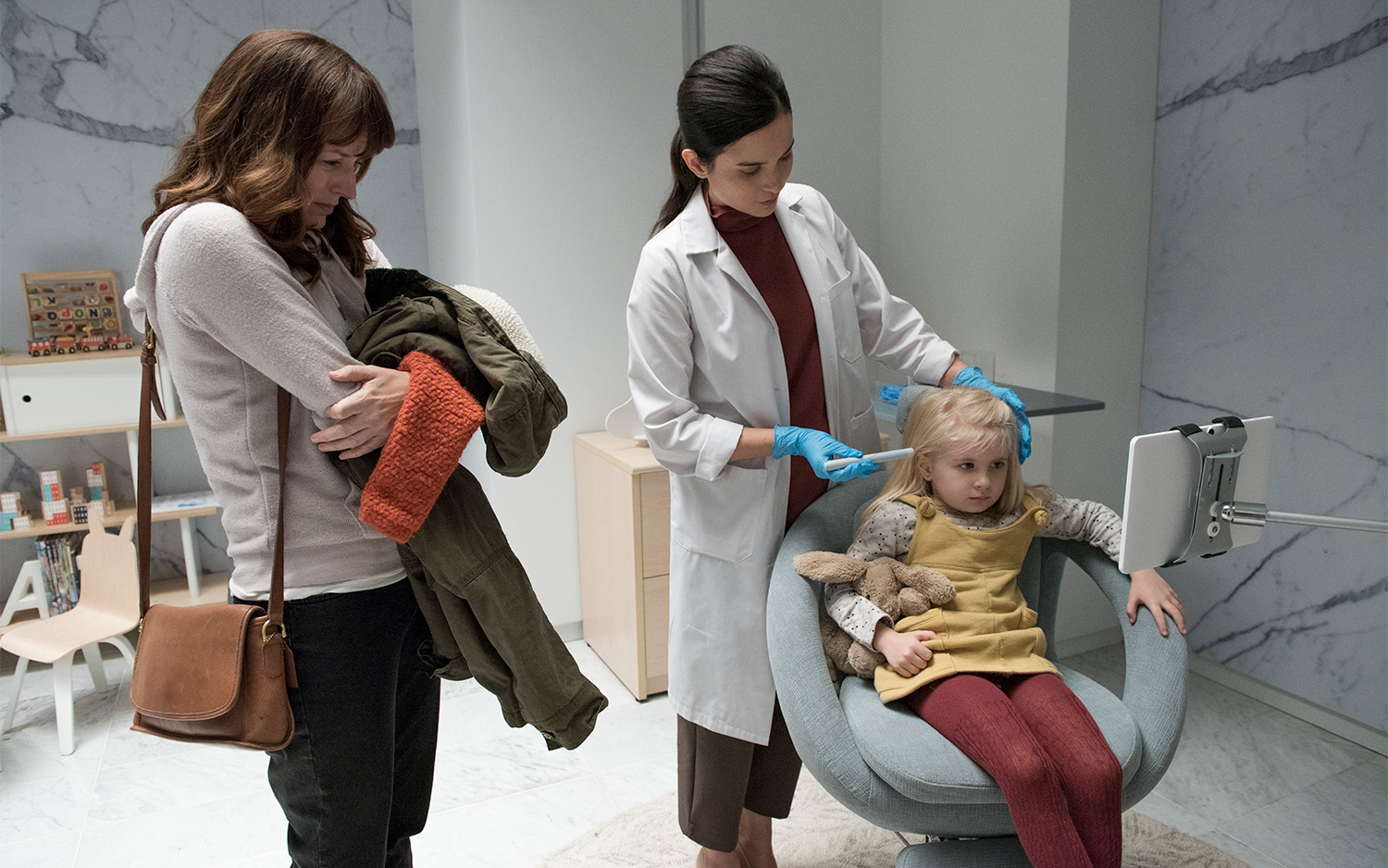
16: Arkangel (Series 4, Episode 2)
The most frustrating thing about Arkangel is that it’s a strawman. We’re expected to believe that a group of scientists and parents think it’s a good idea to constantly track children’s whereabouts through a permanent implant (rather than, I don’t know, a bracelet?). We’re also supposed to buy that these scientists and parents want to censor children from seeing anything at all stressful (really?). One of Black Mirror’s signature qualities is that it critiques technologies that resembles those in our society, or those we’re on our way to. But Arkangel, rather than critiquing the very real parental controls that we see across technology and social media, critiques an imagined parental surveillance system so ridiculous it’s implausible and unsympathetic. It’s hard for me to have any reaction to this episode other than mentally screaming “What are you doing, you idiot?” at every character. — Monica Chin
Credit: Christos Kalohoridis/Netflix
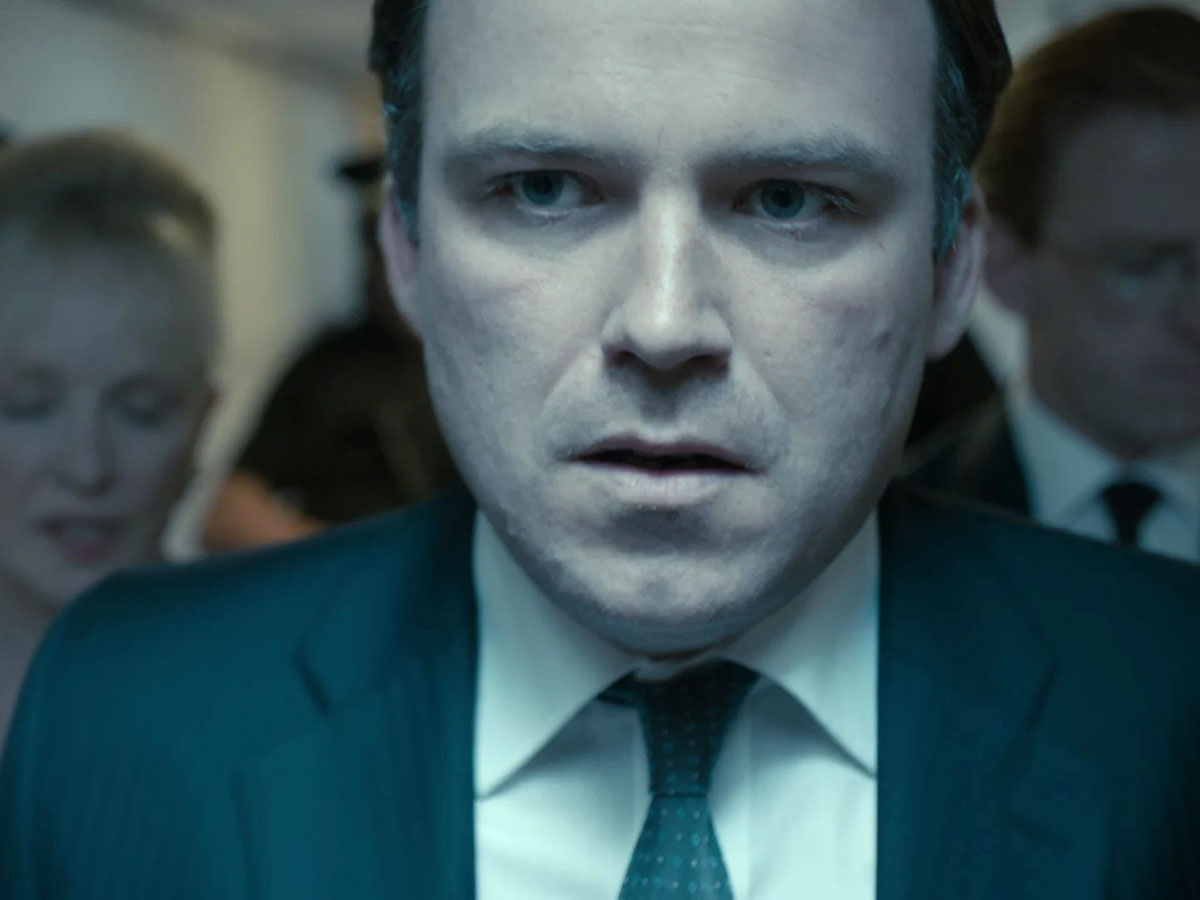
15: The National Anthem (Season 1, Episode 2)
The first Black Mirror episode is easily its most controversial, as it has barely any connection to the show's overall obsessions over tech. And while audiences wretched over the premise, where a Prime Minister is forced into abhorrent behavior, we're shown how social media and the 24-7 news networks can be used for the manipulation of the public.— Henry T. Casey
Credit: Channel 4

14: Crocodile (Series 4, Episode 3)
I don't remember much about Crocodile, except being bored.— Andrew E. Freedman
Credit: Arnaldur Halidorsson/Netflix
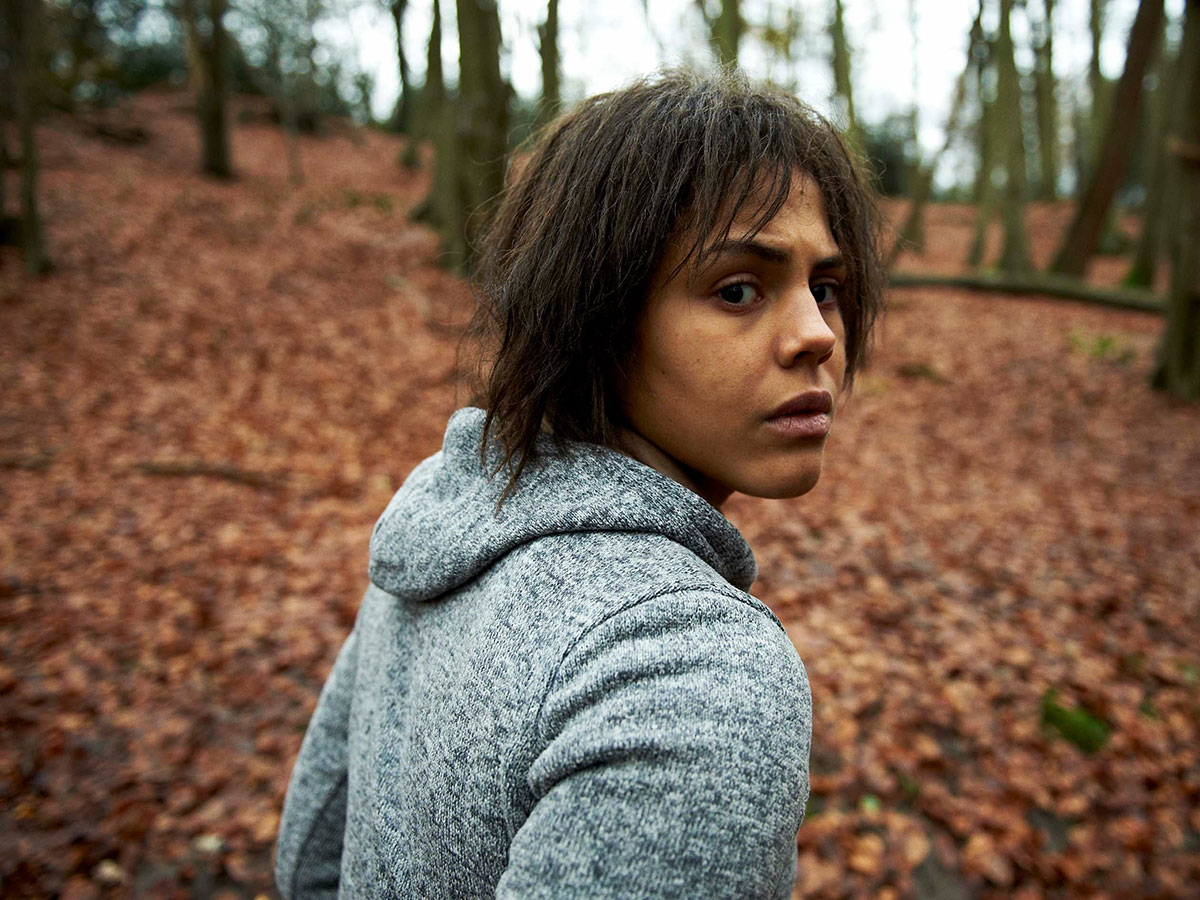
13: White Bear (Season 2, Episode 2)
At first, White Bear's metaphor seems so obvious, it's almost insulting that Black Mirror expects you to find it deep. Victoria (Lenora Crichlow) wakes up in an eerily quiet town where everyone seems to be obsessed with their smartphones. ("What if phones, but too much" indeed.) The phones seem to emit a signal that makes townsfolk violent, and Victoria must evade the citizens while making tenuous alliances with other unaffected survivors. None of that is terribly interesting, but when White Bear turns the story on its head, the episode picks up a lot of steam — which it promptly loses again with an incredibly long, tortuous, expository ending. Still, if you like the concept, you'll probably like the episode overall. – Marshall Honorof
Credit: Channel 4
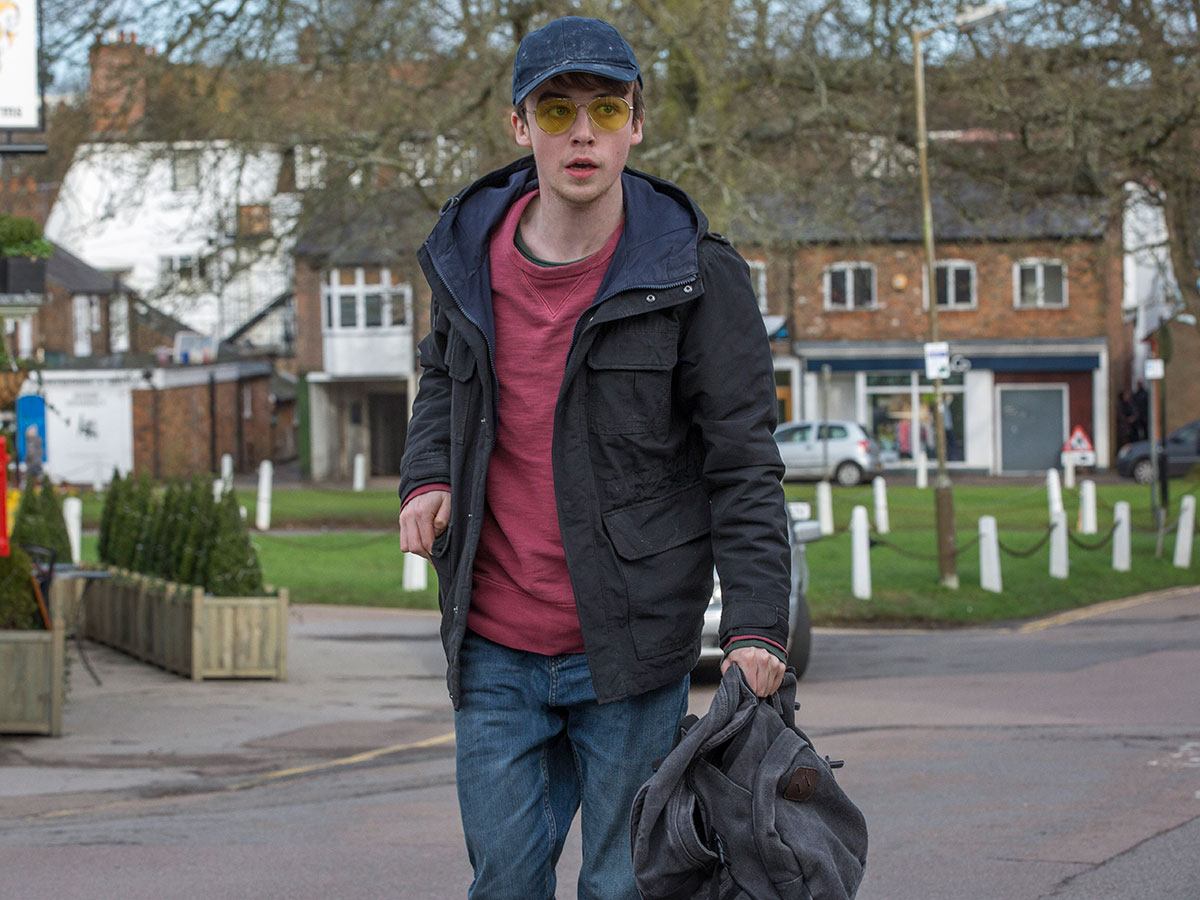
12: Shut Up and Dance (Season 3, Episode 3)
Easily the most underrated Black Mirror episode, Shut Up and Dance is not just frightening in a speculative sense. In fact, Shut Up and Dance could easily happen today, if you had a dedicated enough group of Internet trolls. Kenny (Alex Lawther) is a teenager who, well, does what teenagers do when they're alone and have access to a computer. But a group of unscrupulous hackers record a video of Kenny through his webcam and use it to blackmail him into a series of increasingly ridiculous — and dangerous — stunts. As the episode progresses, it becomes clear why Kenny would go to such great lengths to avoid his act of self-love getting out. Some fans found the episode too bleak, but if you've got a black sense of humor, this is about as good as it gets. – Marshall Honorof
Credit: Laurie Sparham/Netflix

11: Hated in the Nation (Season 3, Episode 6)
While this third-season episode starts off with a focus on cyberbullying — which comes off as a bit bland and unoriginal here — things ramp up once detectives Karin Parke and Blue Coulson figure out a connection between the bullying and insect-shaped autonomous drones. It's near the bottom of our list, but it's not a bad episode — just too long, at nearly an hour and a half. — Henry T. Casey
Credit: Laurie Sparham/Netflix
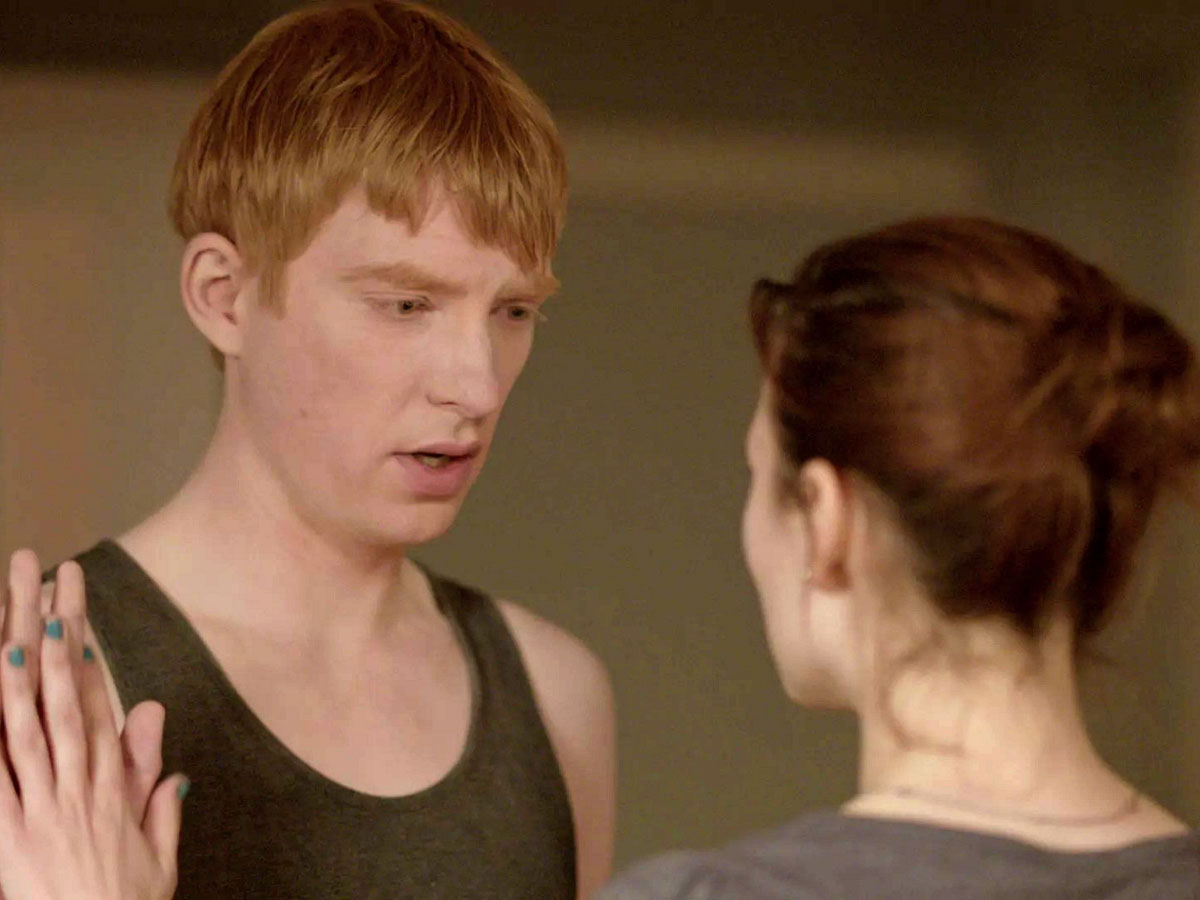
10: Be Right Back (Season 2, Episode 1)
Black Mirrors takes on artificial intelligence in a heartbreaking story that explores the grief of losing a loved one. After her boyfriend dies in a fatal car crash, Martha (played by Haley Atwell) reconnects with him through a service that uses his social media profile to bring him back to life, first virtually and eventually in the flesh. Things start out well until Martha discovers that her boyfriend's Android clone can't fully replace him. In one particularly distressing scene, Martha asks the clone to jump off a cliff to see how he (or it) would respond. This installment also features arguably one of the best final scene plot twists of any Black Mirror episode. Be Right Back is buoyed by masterful performances from Haley Atwell and Domhall Gleeson who bring the heavy dose of humanity this gripping tale deserves.— Phillip Tracy
Credit: Channel 4
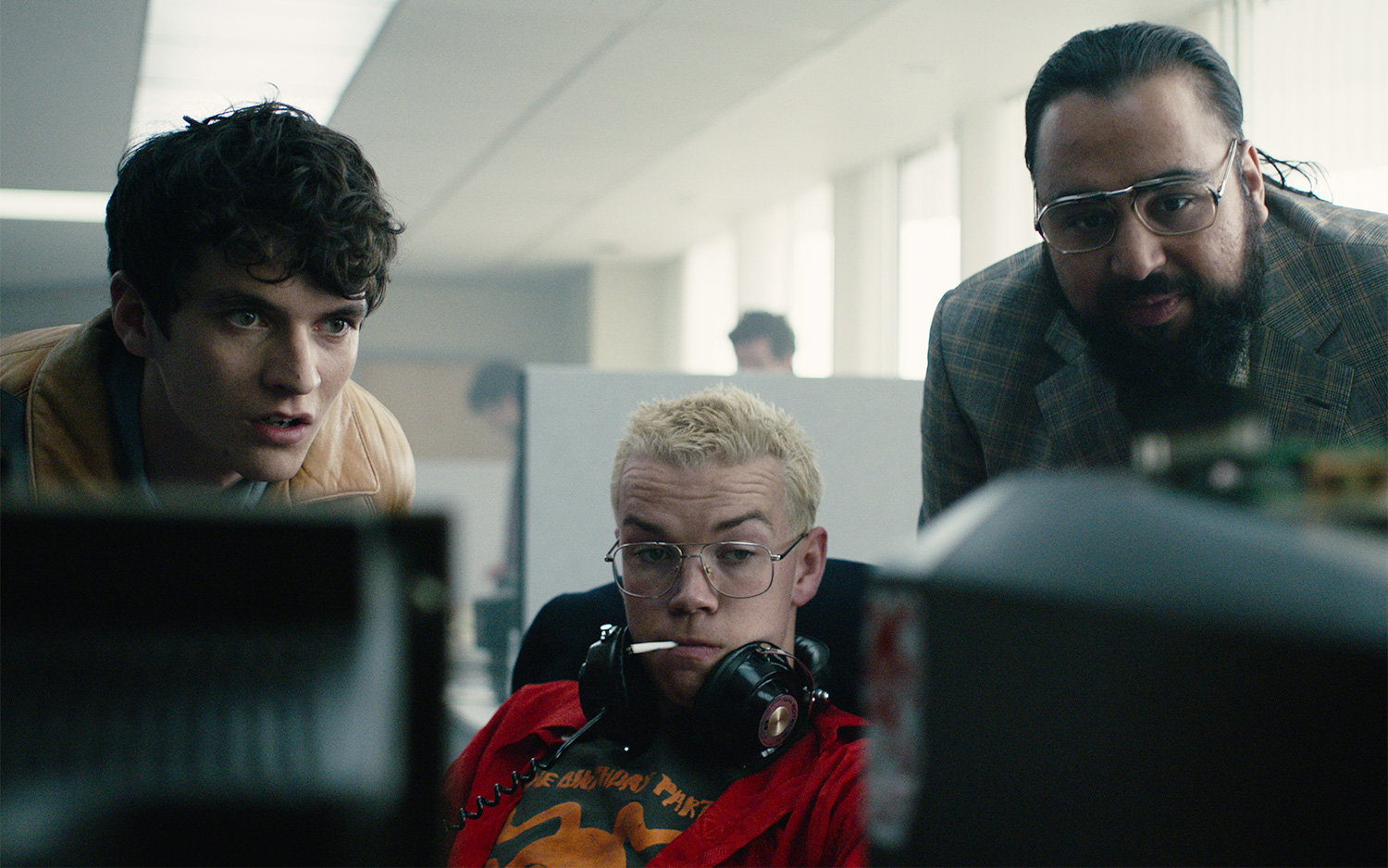
9: Bandersnatch (Film)
Remember "Choose Your Own Adventure" books? Black Mirror does, and made a whole feature-length interactive adventure based on that concept. In it, you control the actions of an aspiring game developer dealing with the harsh realities of working within the corporate machine. Soon, as his world unravels around him, Bandersnatch becomes a bit too clever, shattering the fourth wall into a billion pieces. Stll, though, the Black Mirror crew deserves points for its achievement here, as Bandersnatch is a seamless project. — Henry T. Casey
Credit: Netflix

8: Black Museum (Series 4, Episode 6)
Black Mirror's anthology episodes have worked out pretty well so far, probably because it gives each story just enough time to be unsettling without losing steam. Black Museum takes place in a roadside attraction full of failed tech. Rolo Haynes (Douglas Hodge) guides visitor Nish (Letitia Wright) through three separate but tonally related stories: one of a doctor who becomes addicted to other people's pain, one of a deceased mother who lives on in her husband's mind and one of a murderer condemned to die again and again for other people's amusement. The stories are interesting (albeit pretty gory, even by Black Mirror standards), but the ending is a bit on the predictable side. Still, the anthology format helps the overall episode move along at a brisk clip. – Marshall Honorof
Credit: Jonathan Prime/Netflix
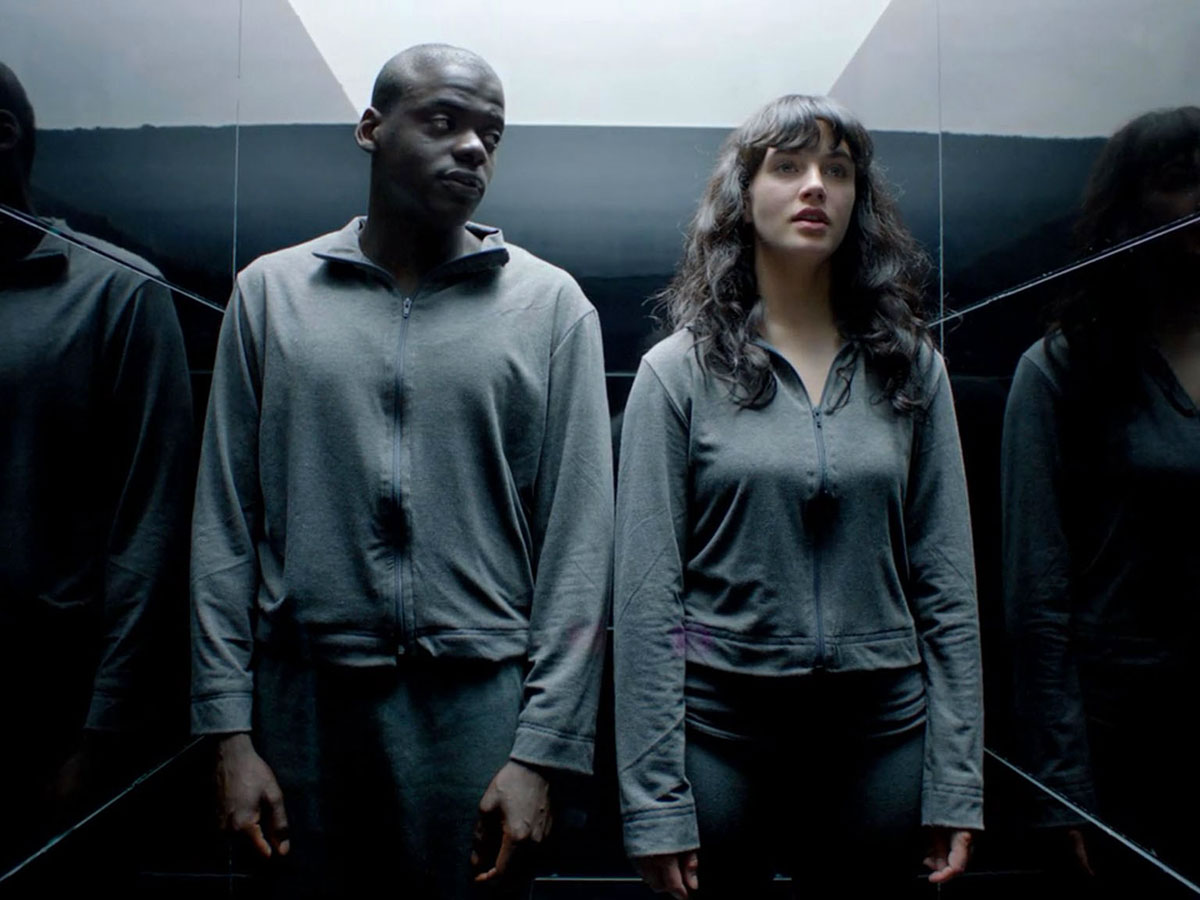
7: Fifteen Million Merits (Season 1, Episode 2)
The future looks bleak in Fifteen Million Merits. Most of humanity, except for the celebs, lives in a system that looks remarkably like a prison. They spend their days earning "merits" by riding stationary bicycles that generate energy — and watching some of the most repulsive TV ever. When Bing (Get Out's Daniel Kaluuya) meets Abi (Downton Abbey's Jessica Brown Findlay), he becomes enamored with her and discovers that she has a beautiful singing voice. He's so impressed, he decides to do whatever it takes to get her onto the local competition reality show. Unsurprisingly, that doesn't go well for anyone involved. — Henry T. Casey
Credit: Channel 4
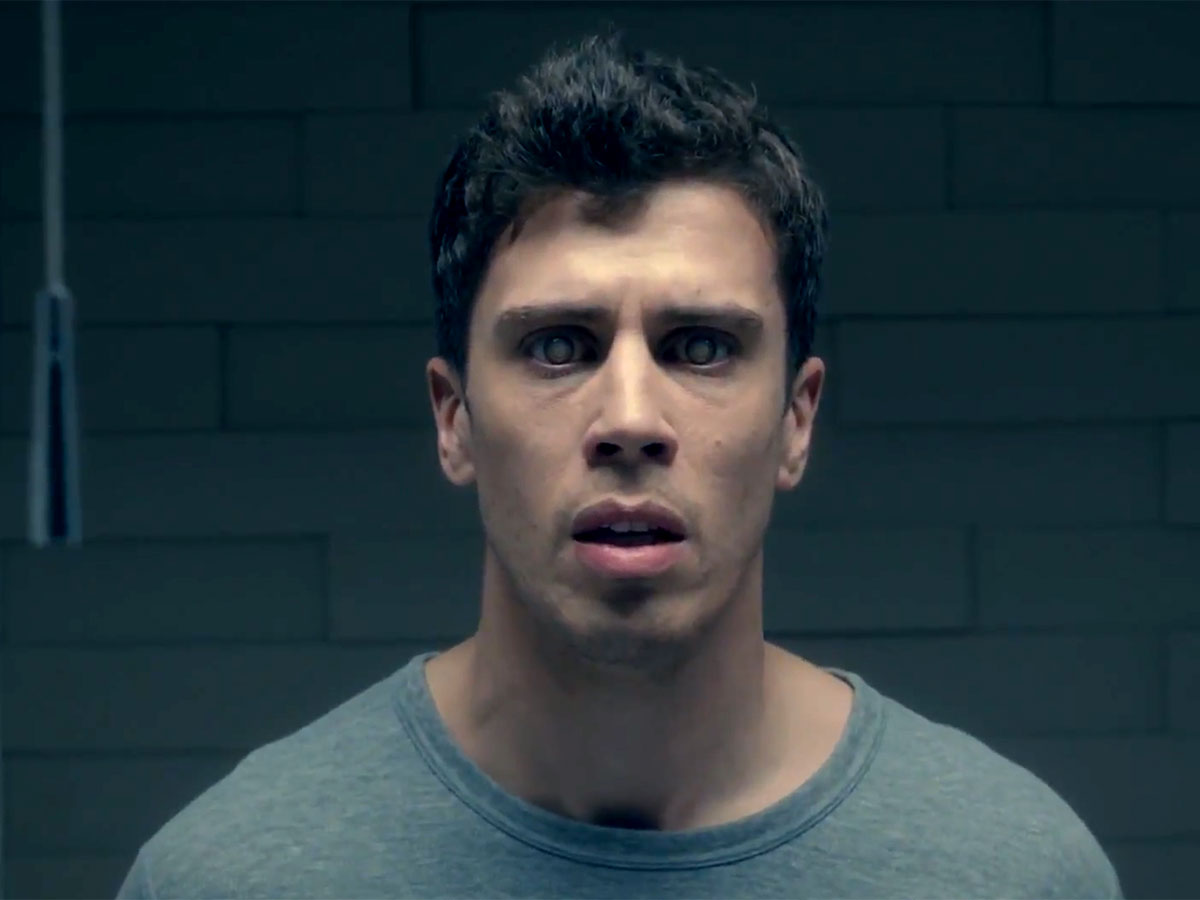
6: The Entire History of You (Season 1, Episode 3)
This episode show us a future in which we're always recording everything and can play it all back, just like reviewing items in a DVR. If your memory's ever failed you — and who among us can say it's never happened? — you might be clamoring for this episode to come true. But soon enough, human nature rears its ugly head, and aficionados begin to abuse this tool. Not only does the episode's main character, Liam, use it to re-watch a work meeting and agonize over his mistakes, but the technology also becomes the lynchpin in the destruction of his personal life. — Henry T. Casey
Credit: Channel 4
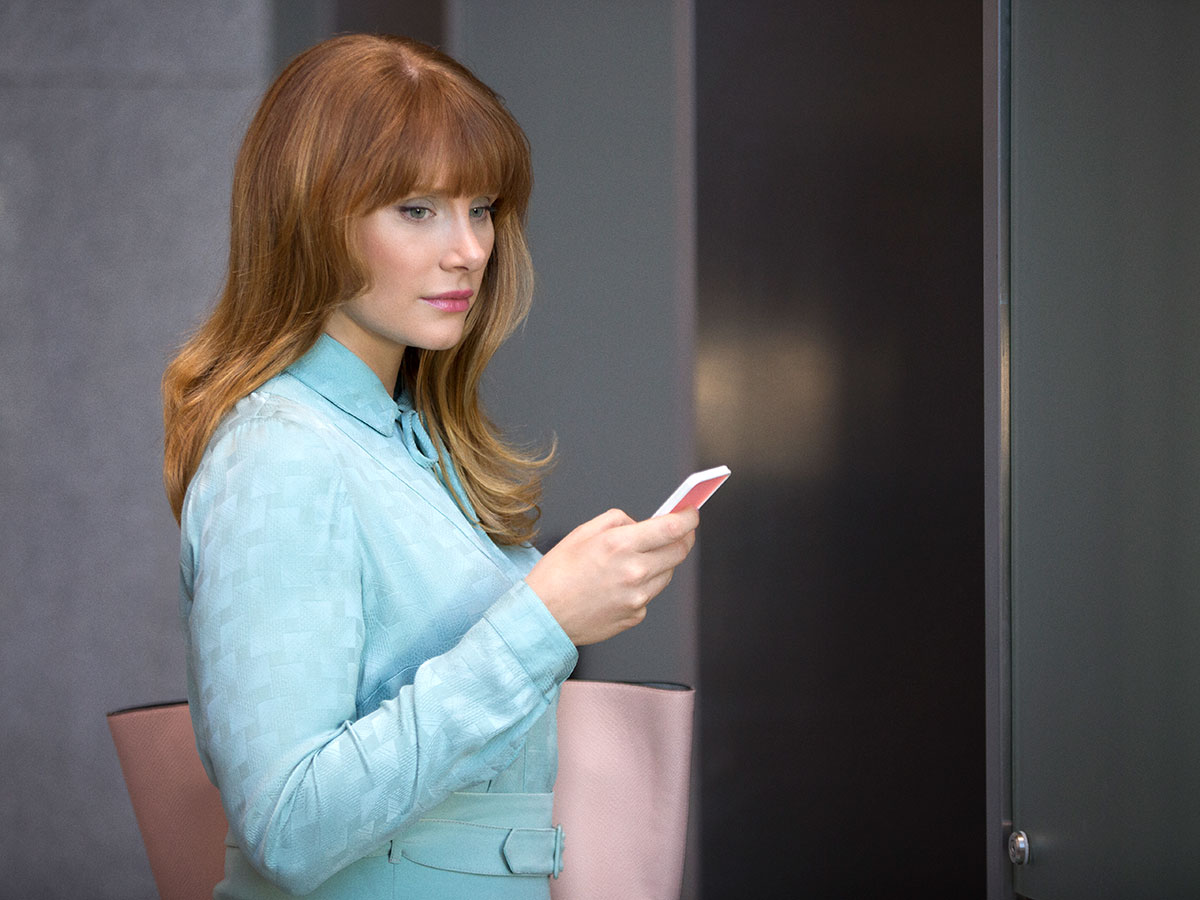
5: Nosedive (Season 3, Episode 1)
Nosedive is the scariest Black Mirror episode, not because of jump scares or spooky effects, but because it illustrates the terrifying consequences of a system that could easily, easily come to be in our world. Nosedive’s society has been consumed by a “ratings” system, in which people assign star ratings to their interactions with everyone, from their friends and family to cab drivers and cashiers (as well as their social media posts). Those with higher average ratings can access fancy housing, exquisite travel destinations, and elite communities; those with lower ratings are ostracized. Watching the protagonist (Bryce Dallas Howard) obsessively curate her social media and torturously endure seemingly hours of small talk isn’t just powerful; it’s wholly unnerving, because we see more of ourselves in her than we’ll ever admit.— Monica Chin
Credit: David Dettmann/Netflix
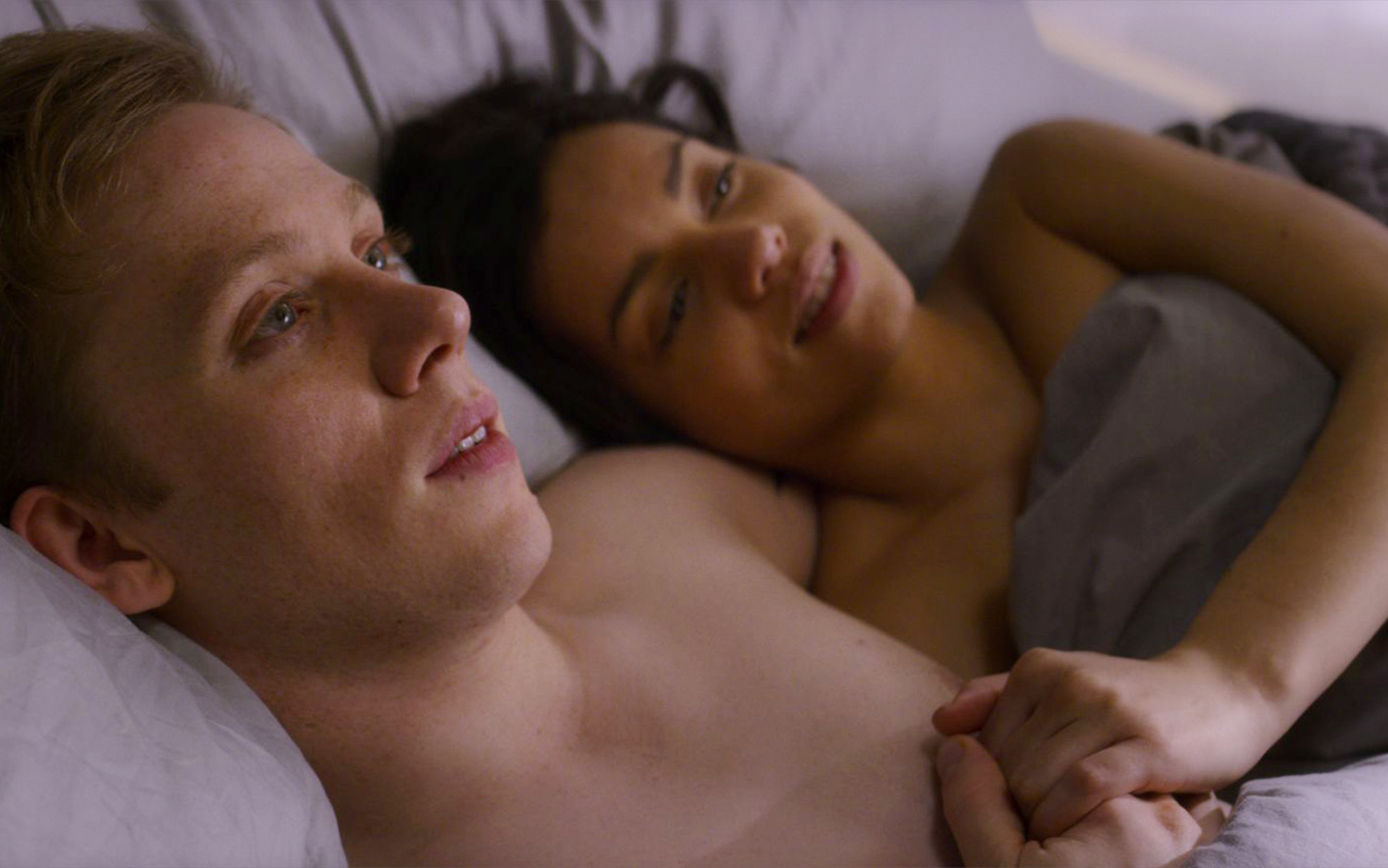
4: Hang the DJ (Series 4, Episode 4)
Sure, Hang the DJ has a surprising ending — one thats's an absolute abnormality for Black Mirror — but it's more than earned. Throughout the entire episode, audiences play the third wheel on Frank and Amy's dates within System, the worst dating app ever. You think Tinder's a mess? Try an app that makes all your choices for you, including when your relationships end, if they can. It's as if we're all being put into arranged relationships, because of the never-ending trust in AI and recommendations engines, which already influence our Netflix habits and Prime orders. The dates waver between terrible awkwardness, true love and emptiness wrapped in fornication, making Hang the DJ feel too close to actual dating in 2019, just without any agency. — Henry T. Casey
Credit: Netflix
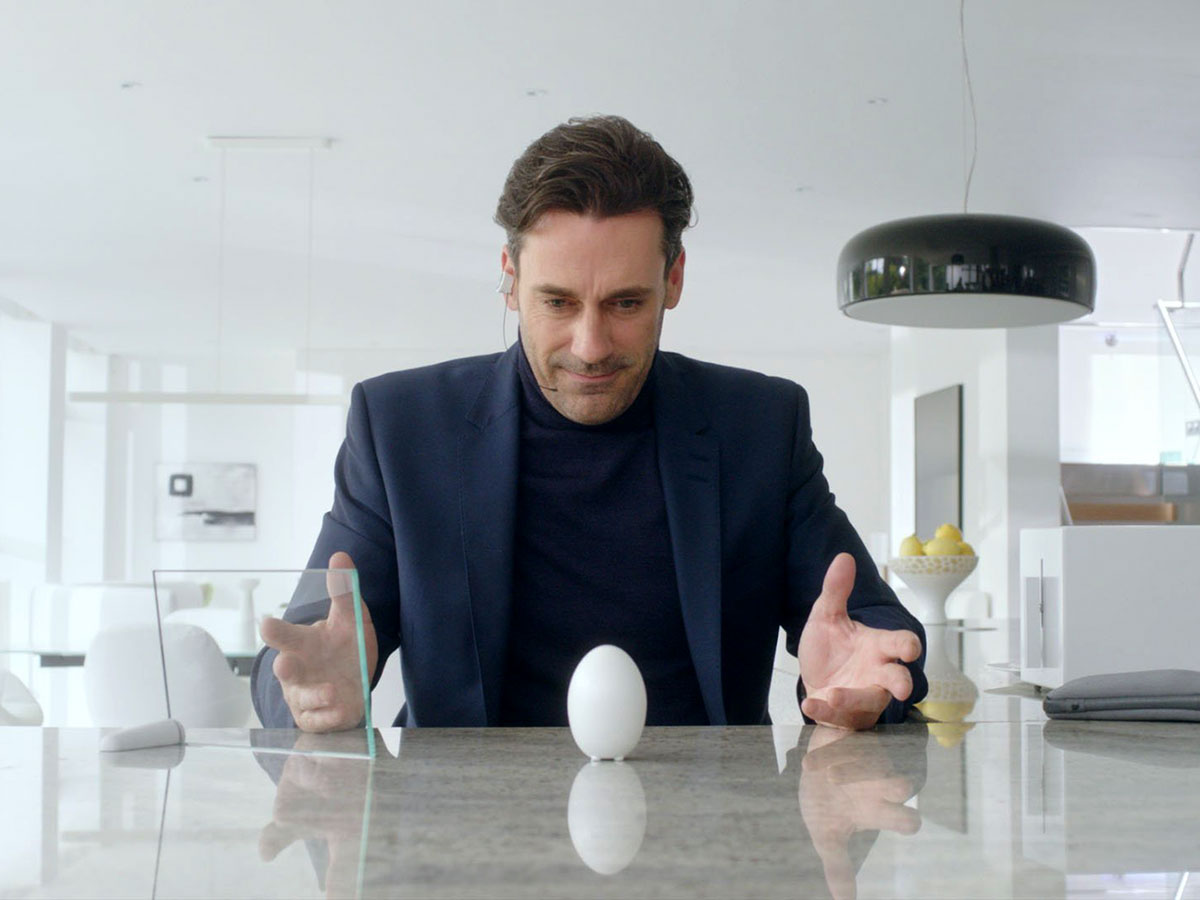
3: White Christmas (Holiday Special)
This anthology episode stars everyone's favorite conflicted-about-everything male lead: Jon Hamm. The former Don Draper kicks off this series of stories, starring as a dating-advice guru. He sees romantic liaisons through his clients' eyes, using a Z-Eye augmented reality camera. After chaos erupts during a date gone horribly wrong, we transition to the other chapters in Hamm's life, which always involve him misusing some kind of AR technology. This episode ranked third in our vote, making it one of the better starting points in the series; it even stars a familiar face. — Henry T. Casey
Credit: Channel 4
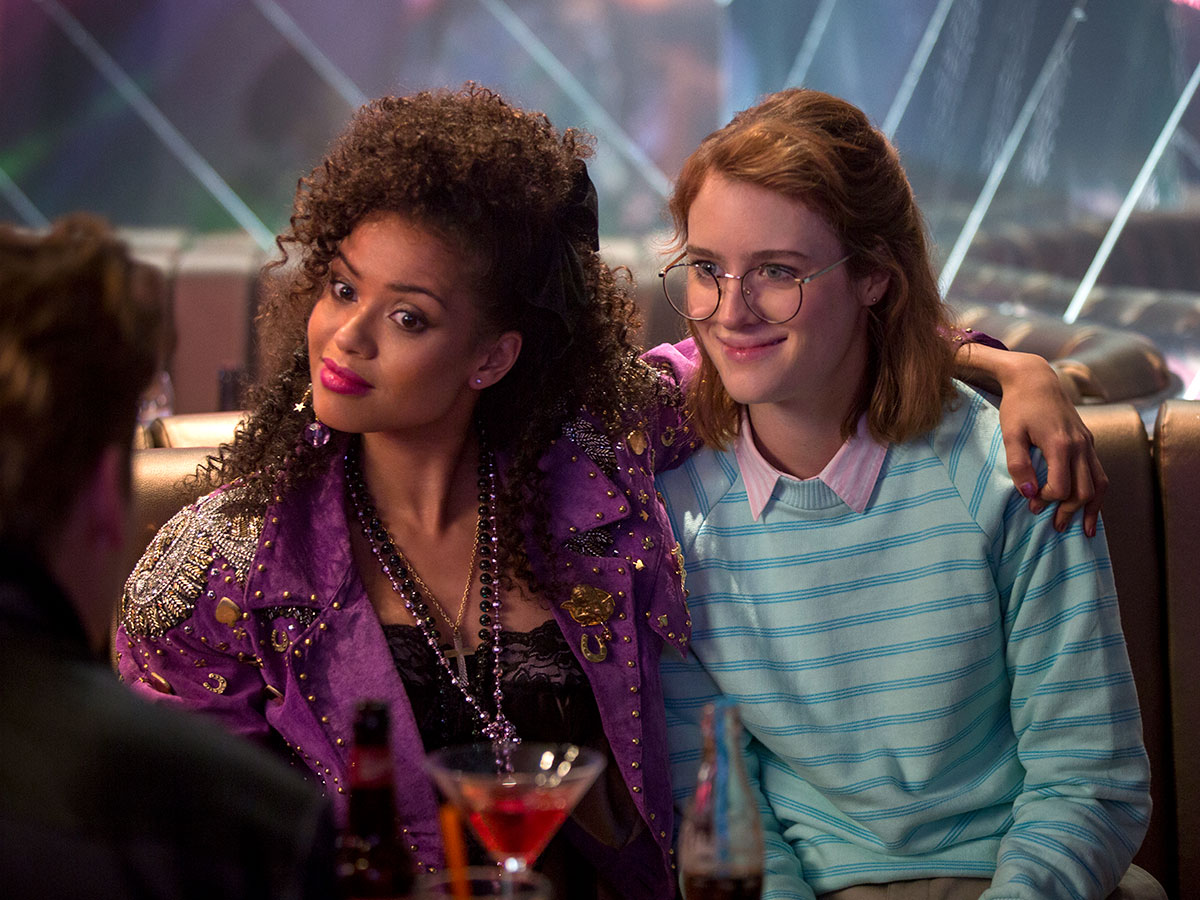
2: San Junipero (Season 3, Episode 4)
This award-winning episode is the only entry from Black Mirror's third season to crack our top six episodes. This story finds Yorkie (Blade Runner 2049's Mackenzie Davis) visiting a beach resort town named San Junipero. She struggles to come to grips with her feelings for a local named Kelly (Gugu Mbatha-Raw). If it sounds like the situation doesn't fit with Black Mirror's dystopian vibe, that's because you need to see what happens next. (Someone spoiled it for me, and I'd hate to spoil it for you, too.) What I can say, though, is to bring tissues or a hankie, as it's a heartbreaker. Oh, and one more thing: Heaven is a place on Earth. — Henry T. Casey
Credit: Laurie Sparham/Netflix
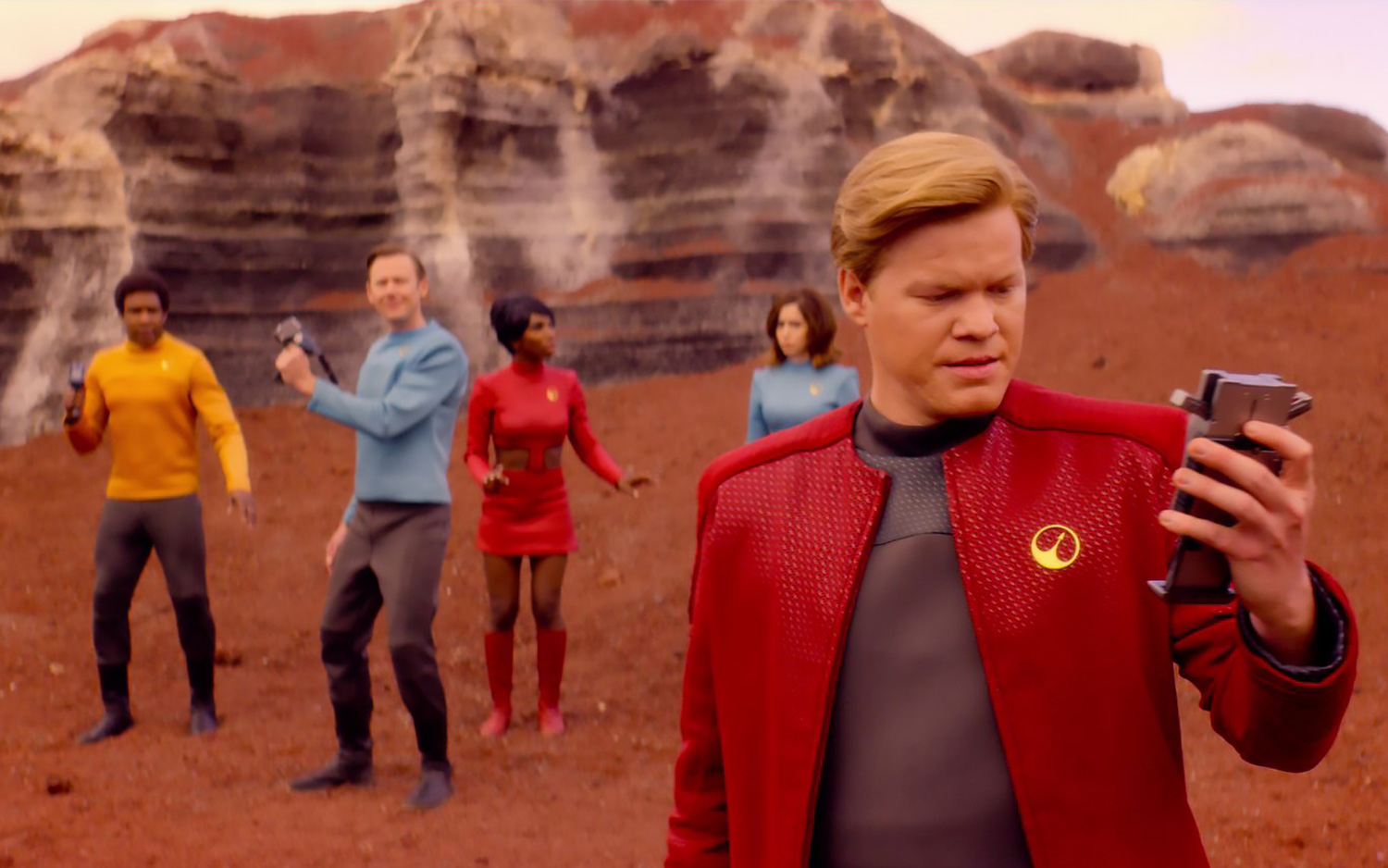
1: USS Callister (Series 4, Episode 1)
USS Callister isn't just a love letter to classic Star Trek; it's also an unflinching critique of sexually possessive men who take nerd culture to toxic extremes. In this episode, Robert Daly (Jesse Plemons) is a shy-but-brilliant programmer who created the smash-hit online game Infinity. When Nanette Cole (Cristin Milioti) joins Daly's company, Daly reveals his true colors by making a fully sentient copy of Cole and planting her in his own private game. There, he rules the starship USS Callister as a cruel overlord, dragging along a crew of sapient simulations, who have a stark choice between abject sycophancy or unending torture. (Naturally, Daly's creations can't eat, or sleep, or die.) This episode's mix of sci-fi adventure, social commentary and callbacks to Star Trek make it an easy favorite. (Keep an ear out, too, for a cameo from Aaron Paul.) – Marshall Honorof
Credit: Netflix

Tom's Guide upgrades your life by helping you decide what products to buy, finding the best deals and showing you how to get the most out of them and solving problems as they arise. Tom's Guide is here to help you accomplish your goals, find great products without the hassle, get the best deals, discover things others don’t want you to know and save time when problems arise. Visit the About Tom's Guide page for more information and to find out how we test products.
